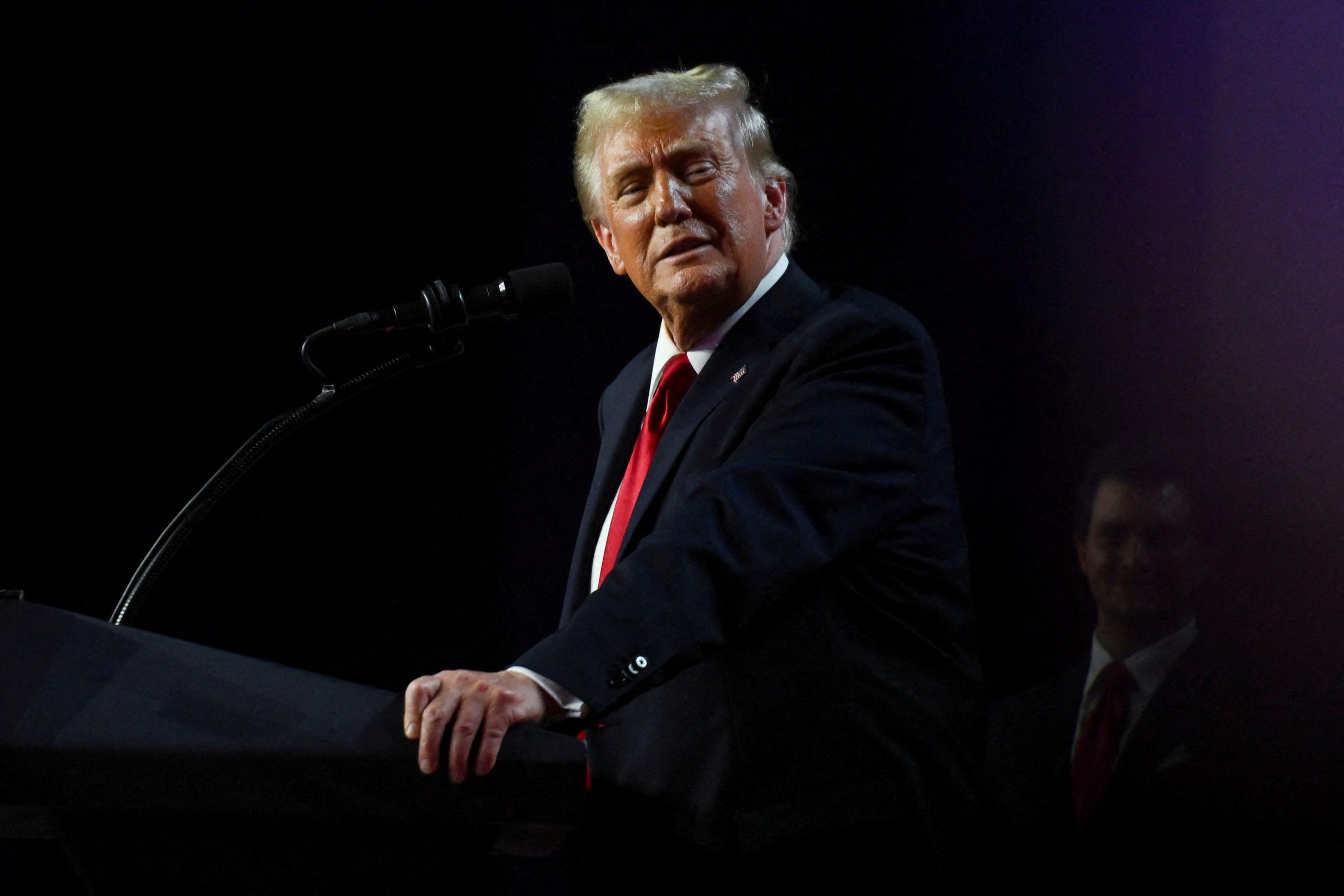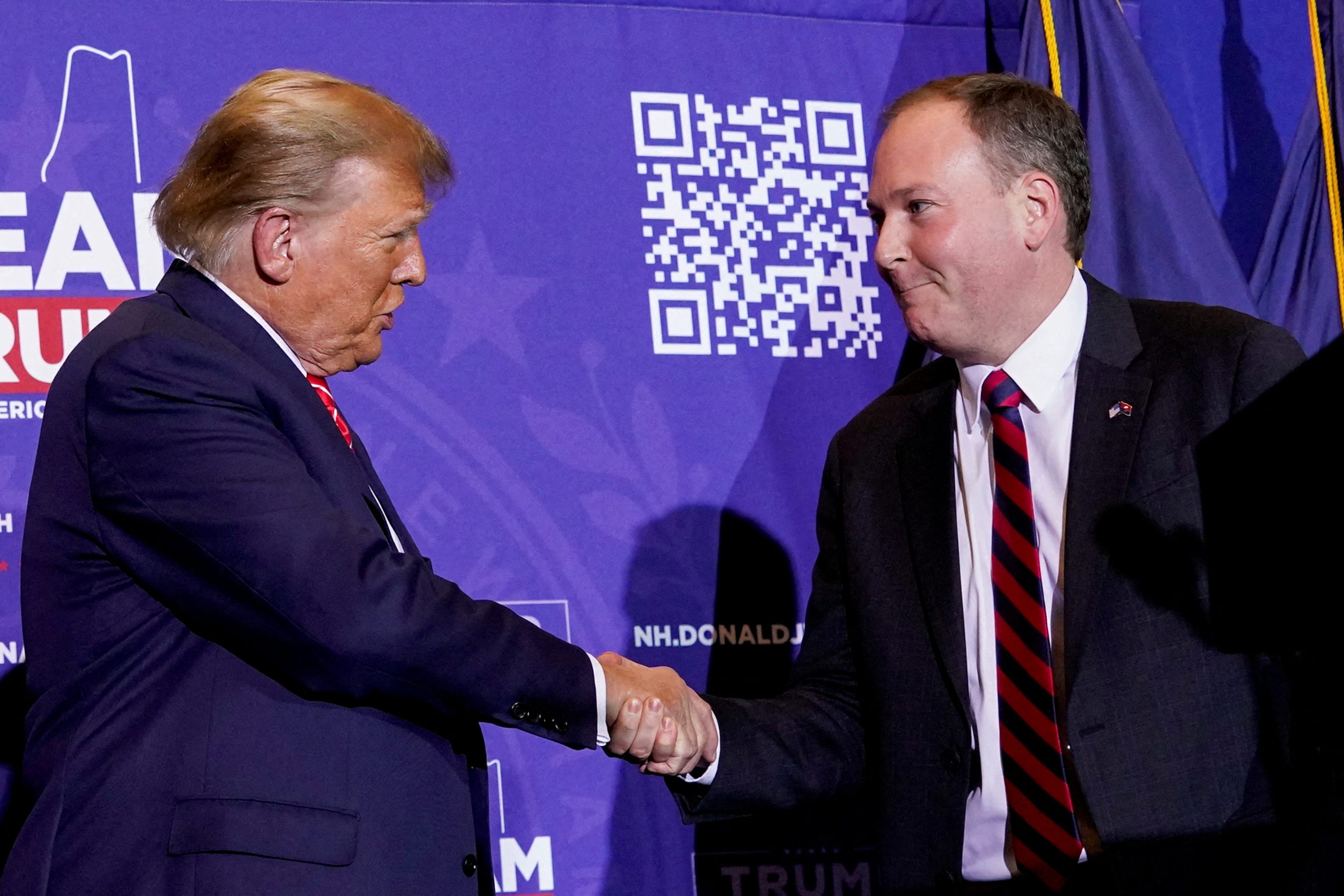As President Joe Biden’s term nears its end, one pressing question looms: will he grant a presidential pardon to his son, Hunter Biden? With Hunter facing convictions for tax fraud and illegal firearm possession in 2023, Biden is in a politically fraught position that could shape his legacy and impact the Democratic Party’s future.
Throughout his presidency, Biden has distanced himself from the possibility of a pardon, stating that he would not interfere with judicial proceedings. In a June interview with ABC News, Biden said, “I’m not going to do anything. I’ll respect the jury’s decision.” However, President-elect Donald Trump took a different stance, suggesting on radio that he might consider a pardon if he were in Biden’s shoes: “I wouldn’t rule it out,” Trump remarked, acknowledging Hunter’s mistakes but asserting that “continuing this process is harmful for the country.”
Political analysts tell Newsweek that Biden and Trump’s longstanding rivalry could influence the outcome, with both leaders publicly debating Hunter’s case since the 2020 election. However, White House spokesperson Karine Jean-Pierre recently affirmed that Biden “does not plan to pardon his son,” stating, “Our position remains the same.”
Granting a presidential pardon is always contentious in the U.S., especially in a case with such high political stakes. Should Biden go forward with it, he risks igniting a firestorm over conflicts of interest, potentially harming the Democratic Party’s image as it deals with fallout from a challenging election season. With Biden’s popularity waning, many believe a pardon could further weaken his position and the party’s standing.
History shows that controversial pardons can haunt a president’s reputation. In 1974, Gerald Ford’s pardon of former President Richard Nixon after Watergate was intended to “unite the country” but was met with backlash, as a Gallup poll at the time showed 53% of Americans disapproved. Ford’s pardon likely played a role in his loss to Jimmy Carter in 1976.
Similarly, Bill Clinton’s 2001 pardon of financier Marc Rich—who was accused of tax evasion and had fled the U.S.—raised eyebrows due to substantial donations from Rich’s ex-wife to the Clinton Foundation and Hillary Clinton’s Senate campaign. While Clinton denied any quid pro quo, the incident cast a shadow over his legacy, even affecting Hillary’s 2016 presidential campaign.
The December Decision
In December, as Biden enters the final weeks of his presidency, Hunter Biden will face sentencing. Hunter’s legal team failed to reach a plea deal, and he pled guilty to charges of tax fraud and illegal firearm possession, putting him at risk of a substantial prison sentence. Former federal prosecutor Neama Rahmani suggested to Newsweek that Hunter may have accepted the conviction with an expectation of clemency, given that Biden won’t face reelection pressures.
This scenario presents Biden with a difficult choice: protect his son, risking backlash from opponents and supporters alike, or let Hunter face the consequences without presidential intervention.
According to Bob Woodward’s recent book, War, Biden may be more inclined to grant a pardon than he has publicly admitted. Woodward claims Biden expressed regret over Attorney General Merrick Garland’s decision to appoint a special counsel to investigate Hunter, saying, “I never should have picked Garland.”
The Hunter Biden case has become a powerful political weapon for the opposition, casting Biden as overly lenient toward his son. Whether he grants a pardon or not, Biden’s choice will not only shape his final days in office but also define a pivotal chapter in recent White House history.
















